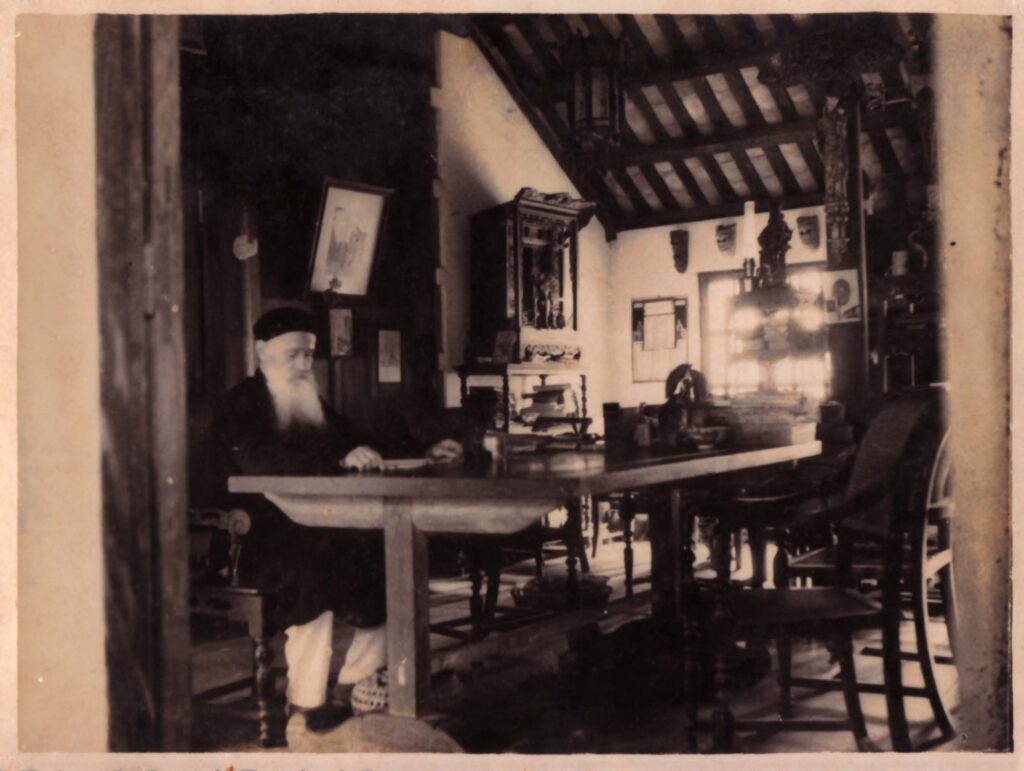

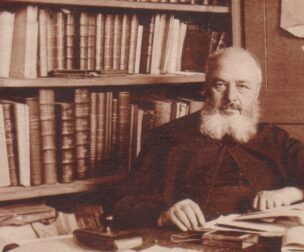
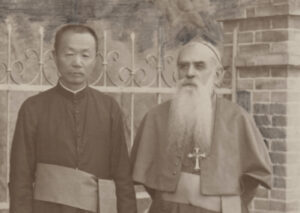
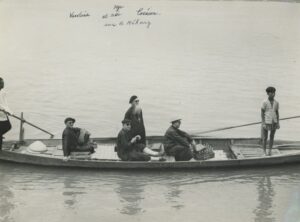
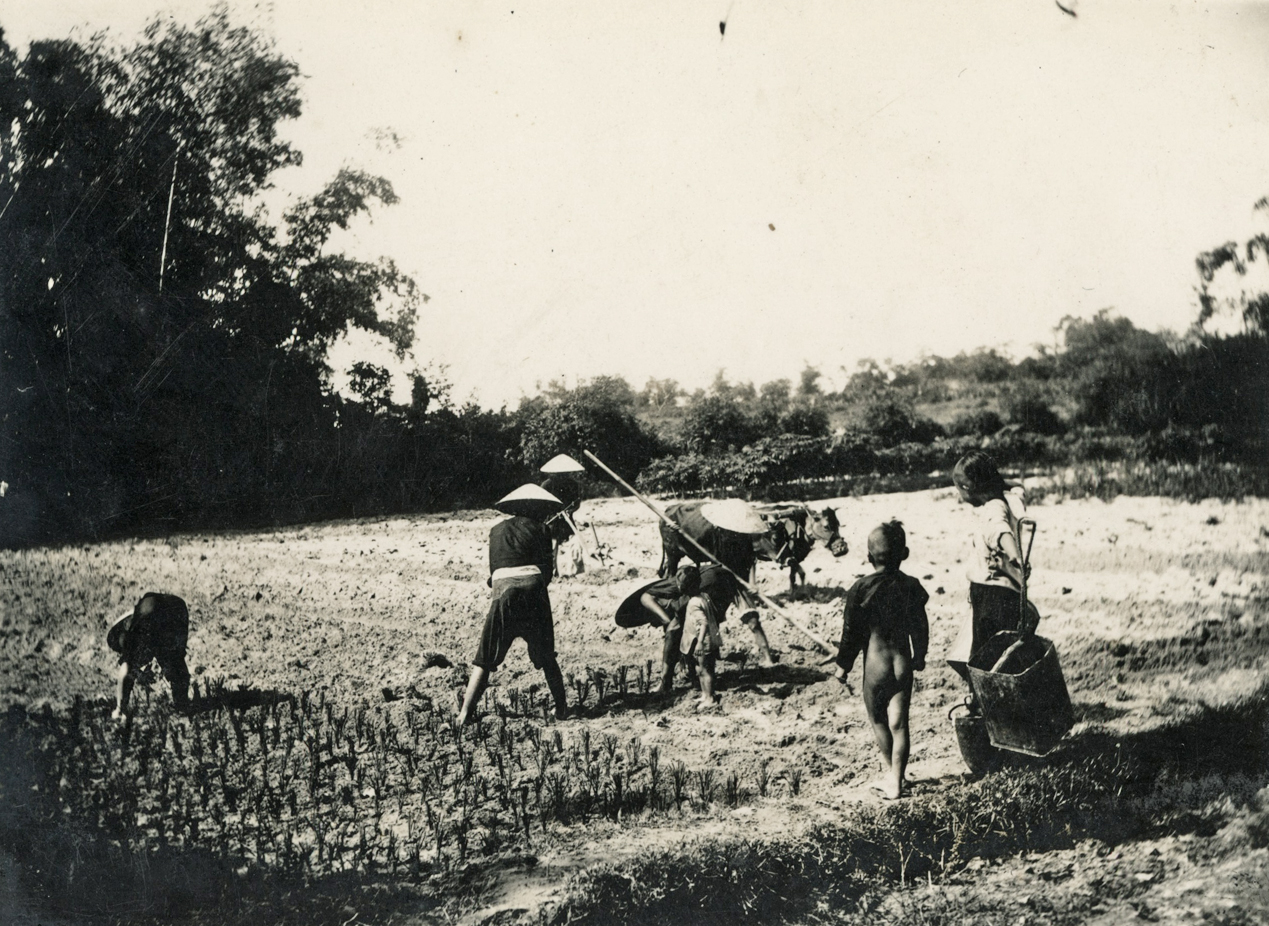
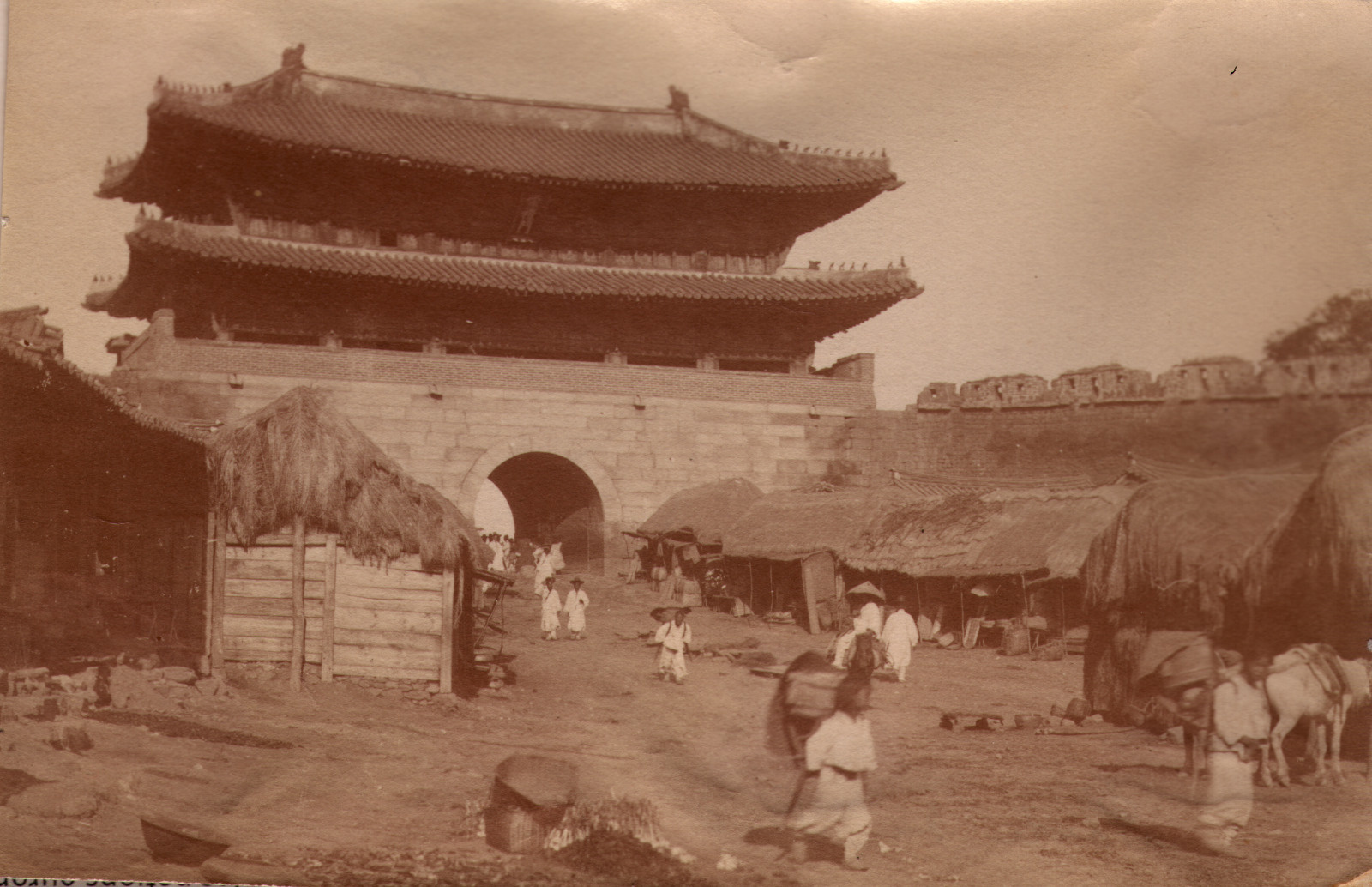
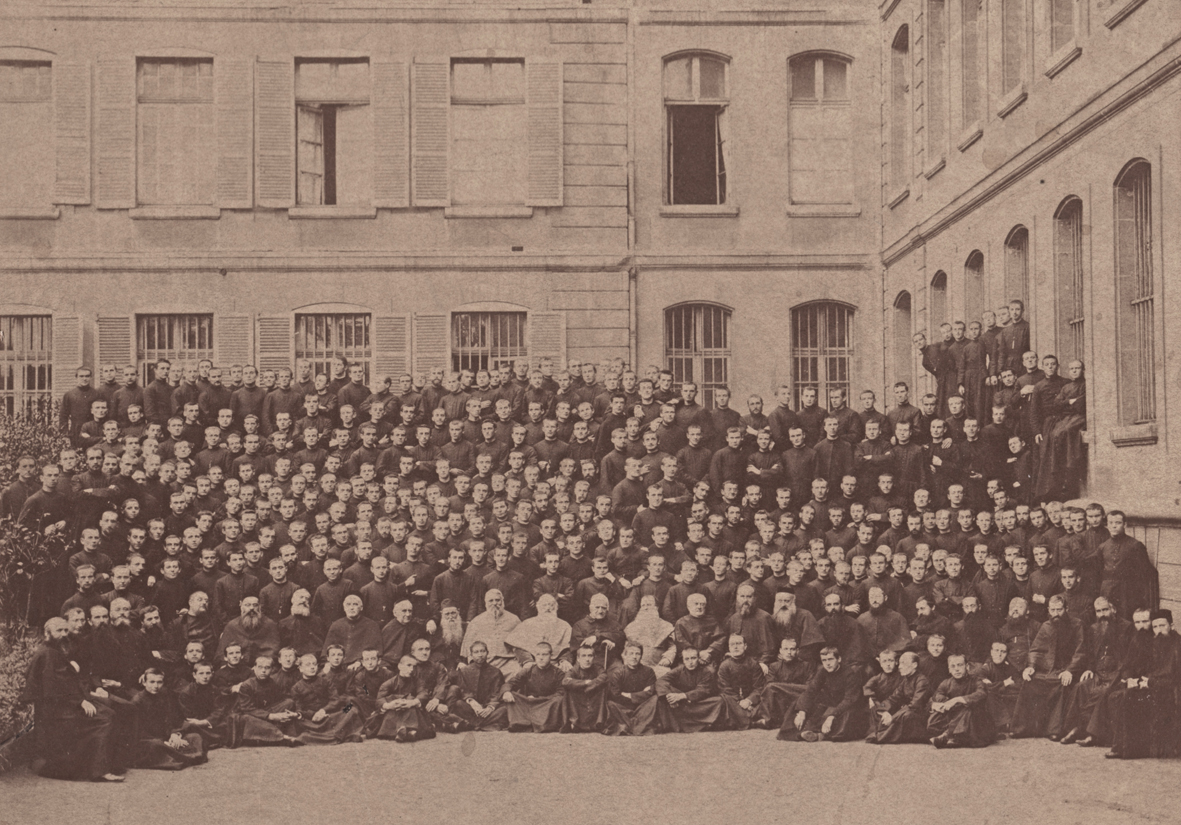
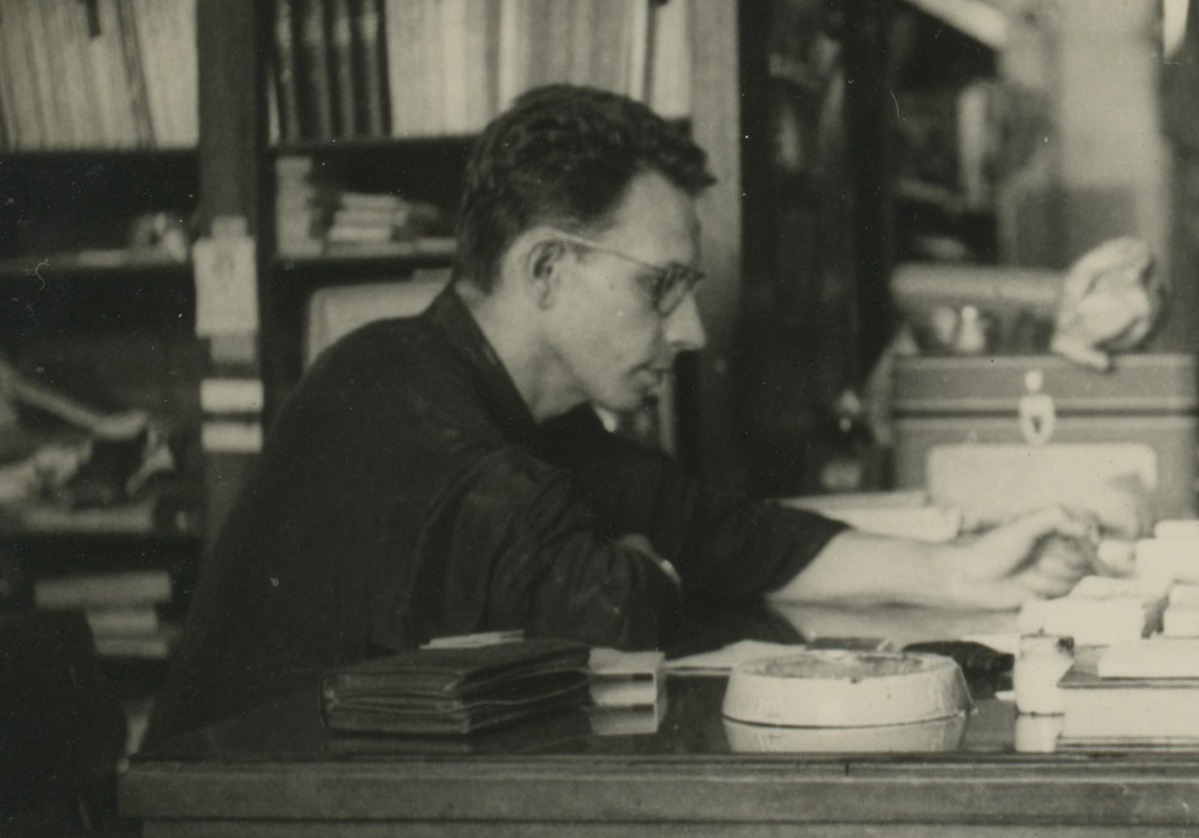
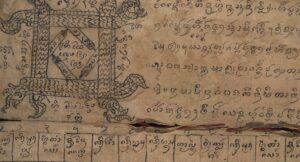
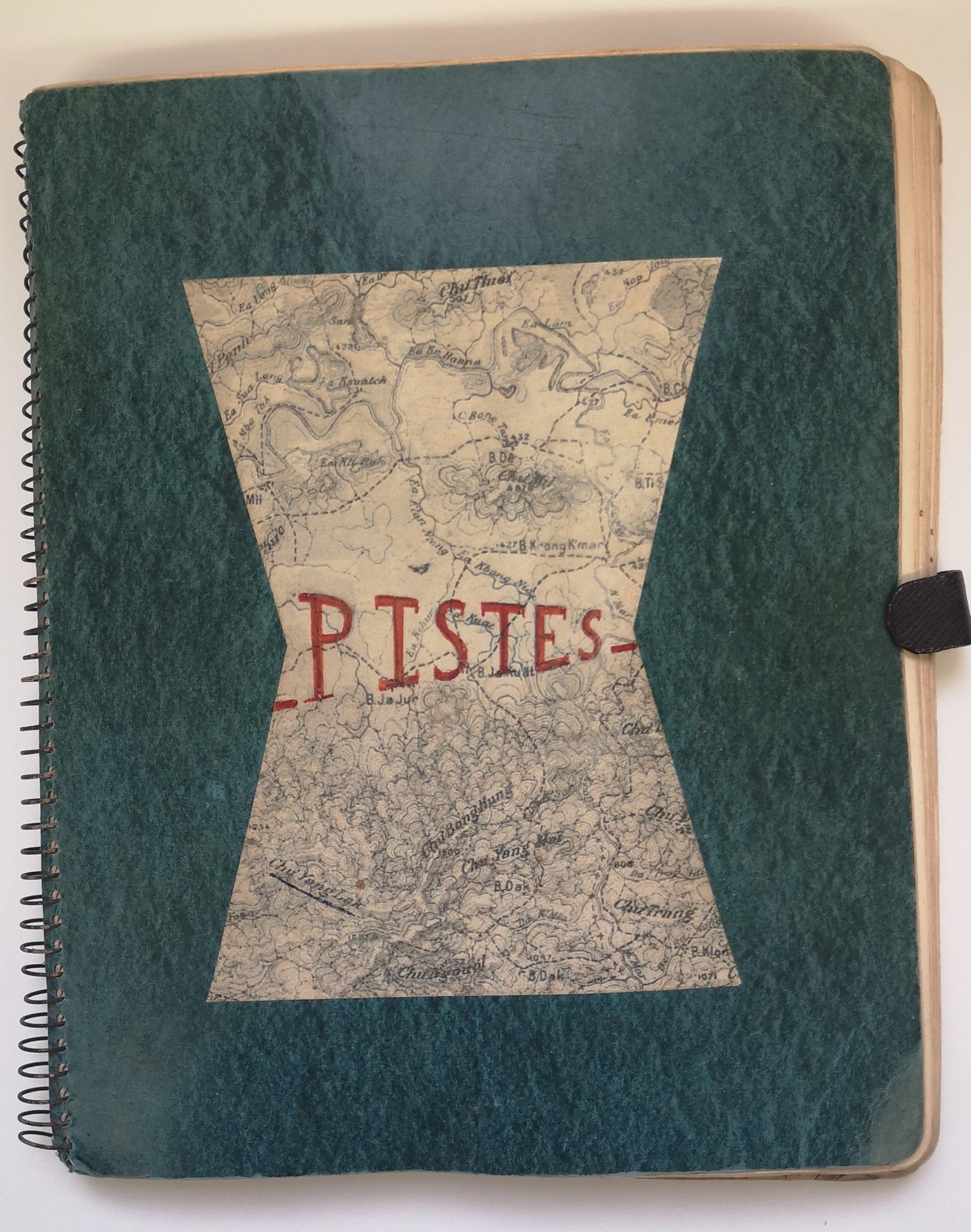
The oldest items in the archives date back to the 1640s and consist in letters exchanged between the founding fathers of the MEP before going to Asia (1658) and creating the Paris seminary (1663). All the documents relating to the creation of the MEP, whether they concern exchanges with Rome, foundation acts in Paris, or reports written by the first missionaries who went abroad, have been carefully preserved up to this day.
The documents kept in the MEP archives in Paris dating from the seventeenth to the twentieth century are all of a similar nature. They can be reports sent by the missionaries to their local bishop, to the supervisors of the Paris seminary and to the Holy See; letters from the missionaries to their family and their brothers; administrative and accounting documents issued from the procuracies, especially those of Paris, Rome, and Macao/Hong Kong; reports of the decision-making bodies’ meetings; archives of the establishments that come under the MEP like seminaries, parishes, etc. But the MEP archives also hold a host of documents produced directly in the field in Asia, like manuscripts and transcripts of linguistic works; ethnographic notebook records; diaries and journals; documents written in Asian languages concerning liturgy, religious education, the construction of buildings, and daily life.
In fact, the collection does not exclusively contain documents produced or received in Paris: a large part of the archives produced in Asia was also gradually added to it through collection campaigns. In 1877, for example, the Seminary of Paris repatriated the archives of the general procuratorate of Hong Kong. Twenty years later, it was the turn of Fr. Adrien Launay, archivist, to collect the archives of the MEP vicariates of India and China, during a trip to Asia. Several other mission collections were repatriated in the 20th century and continue to be so.
When consulting these documents, written on European papers or locally produced, it is sometimes necessary to imagine the context of their production and the material difficulties to which their writers were subjected: “The great concern of the missionaries, especially during the first two centuries, was to ensure recruitment and to transport people, funds and correspondence, at a time when the round trip of a mail between Indochina and France took between 3 and 4 years in the 17th century, a little less in the following century thanks to the presence in Canton of the French India Company” (F. Mantienne).
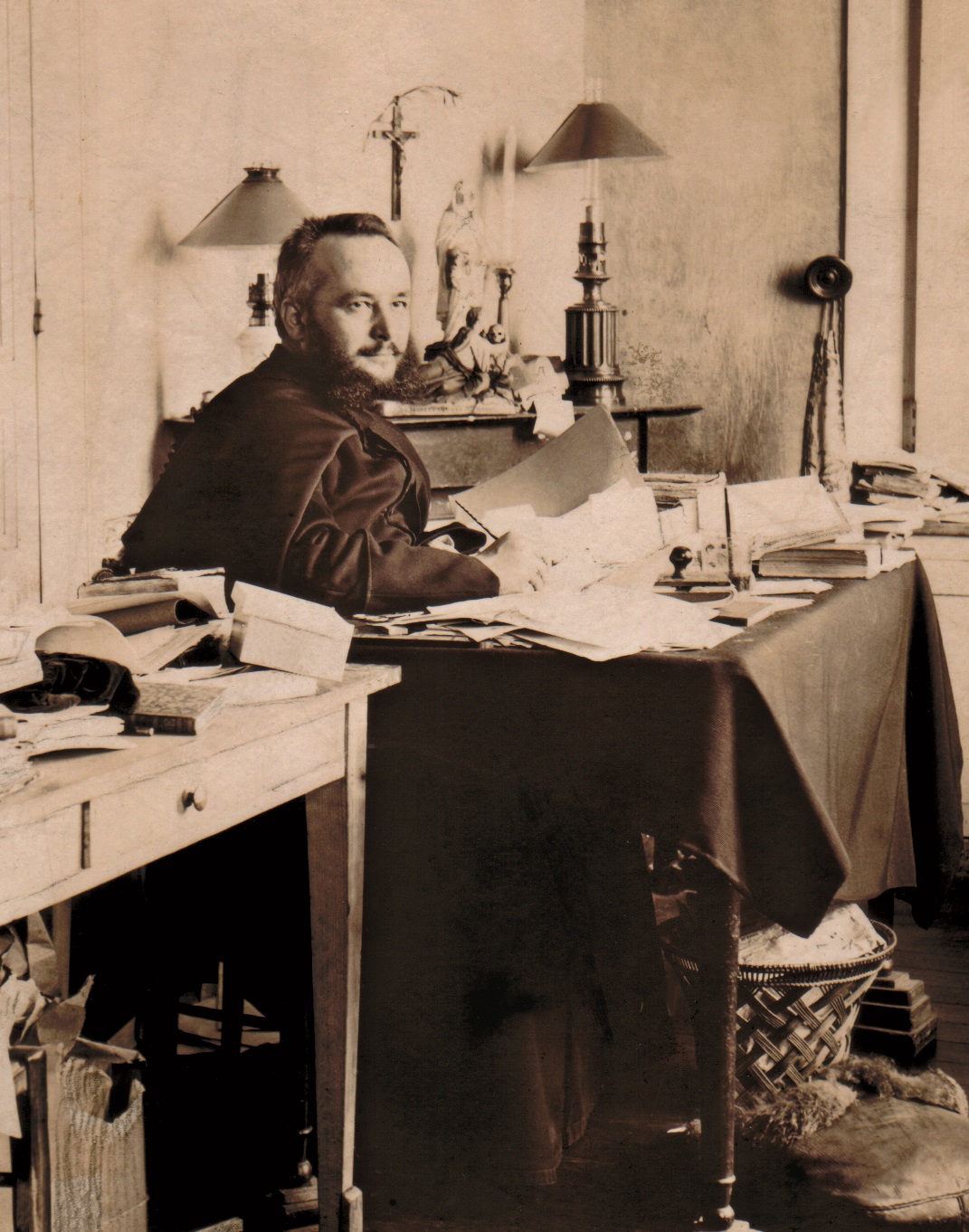
From the foundation of the MEP Society, archives have been compiled and preserved with care. The first curator seems to have been Jean-Marc Odam, a layperson assigned around 1680 to the care of the seminary’s material belongings. The institution also remembers some of his successors, like Bertrand Capmartin (1752) and André Bramany (between 1776 and 1793).
Following the suppression of religious communities and regular congregations, the MEP library is forced to close its doors on the 3rd of May 1792. Books are seized, along with part of the archives. Today, these documents are kept at the Bibliothèque nationale de France, Bibliothèque Mazarine, and Archives nationales. Some of the archives there have been reproduced in the nineteenth century, and the certified copies were then reintegrated to the MEP archives.
The archives only start to be systematically classified from the second part of the nineteenth century onwards. In 1867, Fr. Jean Rousseille is appointed archivist. Under his management, all the available documents are assembled by themes in the form of bound registers. In 1871, during the Commune, Father Rousseille manages to protect the archives and prevents them from suffering any damage. Father Adrien Launay takes over from Jean Rousseille in 1884. With a team of priests and seminarians, Father Launay imagines a gigantic project, leading ten years later to the analytical tables which go through the content of each register. During a trip to India (1896) and then to China (1898), Fr. Launay had a series of documents copied relating to the history of the MEP in these two countries. When Fr. Launay died in 1926, he had published a history of every mission, an atlas, and numerous works on the MEP.
During the century following Adrien Launay’s death, several archivist fathers, who were all former missionaries, succeeded one another: Fathers Henri Sy (until 1949), Hubert Monjean (between 1950 and 1957), Jean Guennou (between 1958 and 1981), Jean Vérinaud (between 1981 and 1987), Jean-Paul Lenfant (between 1987 and 1992), Gérard Moussay (between 1993 and 2010) et Bernard Jacquel (between 2010 and 2019). They all gathered, classified, shared the works of their brothers by writing obituaries, and made the fund more attractive through numerous publications.
LAUNAY, Adrien (MEP) : consult all his publications
MOUSSAY, Gérard (MEP), dir., Bibliographie des Missions étrangères. Civilisations, Religions et Langues d’Asie, Paris : Les Indes Savantes-MEP, 2008, 607 p.
MOUSSAY, Gérard (MEP), « Brève histoire des archives des Missions étrangères de Paris » in Missions étrangères de Paris, n°406, 2006, p. 27-33
MOUSSAY, Gérard (MEP), « Archives des Missions étrangères concernant l’Inde » in Les relations entre la France et l’Inde de 1673 à nos jours, dir. J. Weber, Paris : les Indes Savantes, 2002, p. 327-348
PASQUALETTO, Cécile, Inventaire descriptif des archives des Missions étrangères de Paris concernant le Siam (1691-1710), mémoire sous la dir. de G. Delouche, Paris, 1995, 143 p.
PERRAULT, Lucie, « De nouveaux documents inédits de Malaisie et de Singapour aux archives MEP », in Missions étrangères de Paris, n°519, 2016, p. 28-31
TRAN, Anh Dung, L’apport du fonds de la Cochinchine (1845-1885) des archives des Missions étrangères de Paris à la connaissance du Vietnam de l’époque, mémoire sous la dir. de Nguyên Thê Anh, Paris, 1996, 181 p.
Archives nationales de France (Pierrefitte/Seine) : look in particular at the files H/5/3309-H/5/3310, H/5*/3311-H/5*/3317, H/5*/3320-H/5*/3321 M/203-M/205 et MM/501-MM/533 S//6866-S//6879 CP/N(III)/Seine/467
Archives diplomatiques françaises (La Courneuve and Nantes)
Archives nationales d’outre-mer (Aix-en-Provence)
Bibliothèque Mazarine : look at the catalogue, and in particular Ms 1481,Catalogue de la bibliothèque du séminaire des Missions étrangères
Bibliothèque nationale de France (Paris), manuscripts department
Archives de la Congrégation pour l’Evangélisation des peuples (Vatican) : cf. KOWALSKY (Nicolas) et METZLER (Josef), Inventory of the Historical Archives of the Sacred Congregation for the Evangelization of Peoples or « Propaganda Fide », Rome : Pontificia Universitas Urbaniana, 1983, 170 p.
Archives des Œuvres pontificales missionnaires (OPM)
rchives of other missionary congregations : see the annuaire des services d’archives ecclésiastiques en France.
Archives de l’IrAsia / Maison Asie-Pacifique (Aix-en-Provence)
